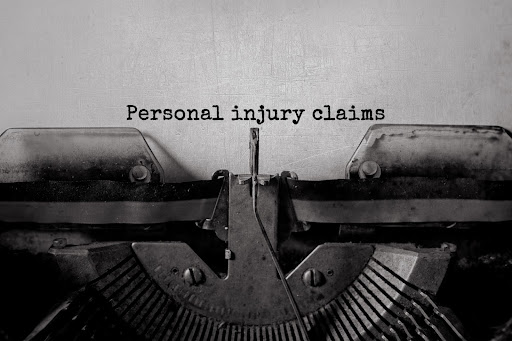
You did it. After a debilitating accident and a long legal battle, you finally got your settlement. For the first time in a long time, you feel hopeful. The day comes for your first settlement payment, but something is wrong. This isn’t nearly as much as you were expecting.
Sound familiar?
It can be disheartening and aggravating to see a portion of your settlement go to someone else. After everything you’ve been through, it can feel like a slap in the face. We understand that. Unfortunately, for many, this situation is all too common. The reason for this deduction is often due to a lien on your personal injury settlement.
You probably have some questions, like:
“What is a lien?”
and
“Can a lien affect my personal injury settlement?”
We understand how frustrating this situation can be. In this post, we will go over what a lien is and how it might affect your personal injury settlement. We will also explore who can file a lien against your settlement and what rules they need to follow.
Liens
A lien is the right of a party to take certain assets to pay off a debt. For example, let’s say you take your car to a mechanic and refuse to pay the repair bill. The mechanic may be able to keep possession of your vehicle until the repair bill is paid. This is one type of lien. A contractor may have a lien if they remodel your house and are not fully compensated for the job.
What does any of this have to do with your settlement check?
Liens and Personal Injury Settlement
If you were hurt in an accident, there is a good chance that you may have racked up a significant hospital bill. In many cases, insurance will cover only a portion of the amount due. The hospital, doctor, or other medical provider may then seek to hold you personally responsible for your medical bills. Insurance companies may also claim you owe them money, like for the deductible on a vehicle. So you can see that whatever incident—namely, your accident or injury—leading up to you receiving a settlement, may have resulted in a debt you will be held responsible for. In some cases, a party may be able to get a lien related to the debt.
Can a Lien Affect My Personal Injury Settlement?
Simply put, yes it can. The State of Washington allows for medical providers to put a lien on the proceeds of personal injury settlements, judgments, and insurance payouts for unpaid medical debts related to the injury. So if you were injured by a negligent driver and had to receive extensive medical care, your providers may be able to collect a portion of your personal injury settlement to pay off your debt. The good news is that medical providers are able to collect only up to 25%, cumulatively, of the proceeds from a personal injury settlement. So if you received a $100,000 settlement, all the lienholders combined could only collect $25,000 from the settlement.
Lien Requirements
Medical providers cannot just file a lien any time they want. Certain requirements must be met to file a lien related to personal injury settlements. In Washington, medical providers must meet the following requirements:
- The party made an effort to enforce the lien on their own behalf or used a licensed collection agency to enforce the lien,
- The party must disclose the use of liens as part of their billing practices, and
- Lien claims are filed with the County Auditor.
Generally, your medical provider must file a lien within twenty days of the date of the injury or the receipt of care. They may have more time to seek a lien if you have not yet collected on the proceeds of your injury claim.
It’s important to make sure your provider is following the rules when it comes to lien claims. If the provider did not disclose their lien policy upfront, they may be in violation of the statute. Providers are also responsible for filing a lien with the proper authorities and at the appropriate time. An experienced injury attorney will be able to help you ensure that providers follow all the requirements necessary to pursue a lien on your settlement.
Who Can File the Lien?
Medical providers—including hospitals, doctors, ambulance services—can file liens for unpaid medical expenses. It does not matter if the provider is a private or public entity, both types can file. For example, the local fire department may have transported you to a private hospital after an accident. Both the fire department (or city/county that operates the department) and the private hospital could file a lien for unpaid expenses. A specialist who consulted on your case may also have the right to file a lien claim.
Release of Lien
Once the amount owed is paid off, the medical provider needs to discharge the lien. No more than thirty days after your alleged debt is paid off, the lienholder should execute a release of all lien rights to the settlement. Note that a settlement between you and the party responsible for the injury will not discharge the lien by nature of the settlement. The only way to discharge is by paying off the debt or having the lienholder agree to discharge the lien.
Talk to an Injury Lawyer Today
Being forced to give up a portion of your settlement is frustrating and disappointing. You may have options, however. Our legal team at Brett McCandlis Brown & Conner PLLC can help make sure medical providers are following the rules when they file a lien against your settlement claim. We may also be able to help you negotiate the amount owed down. If you have questions about liens and personal injury settlements, we want to help. Contact us today for your free consultation.


